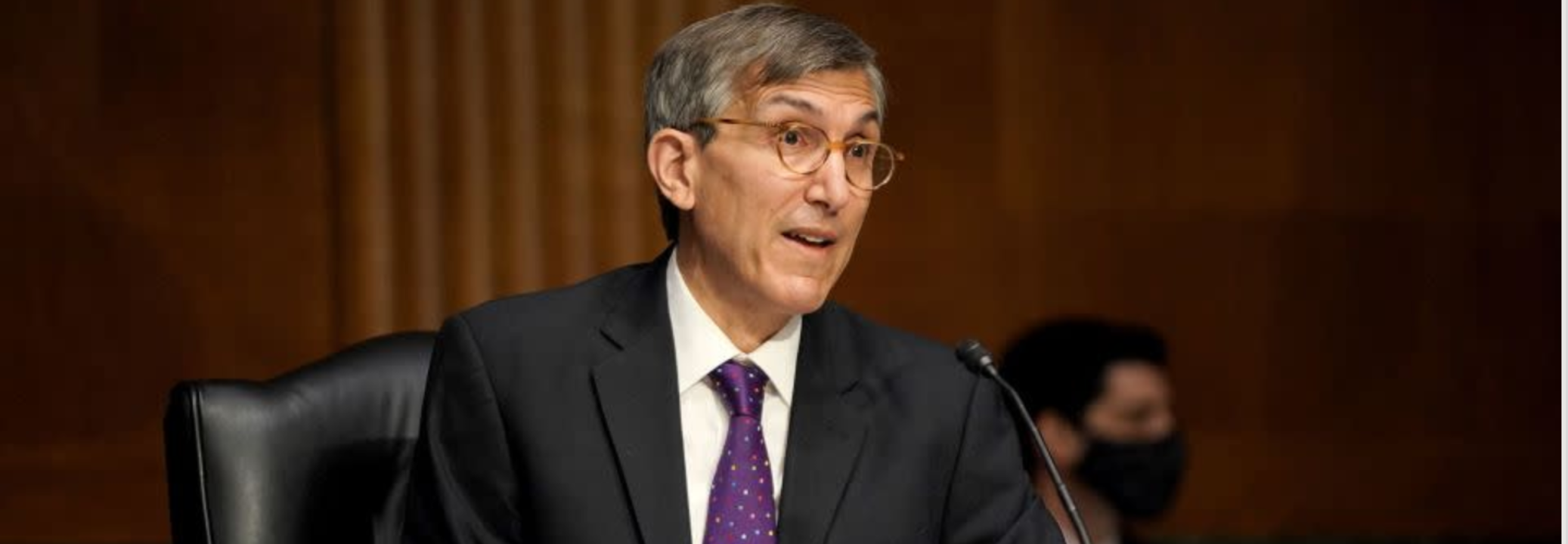Top Vaccine Scientist Dr. Peter Marks Ousted From FDA- Will This Shake-Up Put Vaccine Safety At Risk?

Image Credit: Canva
SummaryDr. Peter Marks, FDA's top vaccine scientist's exit raises concerns about vaccine safety. HHS Secretary RFK Jr.'s anti-vaccine stance may influence future regulatory decisions.
End of Article
